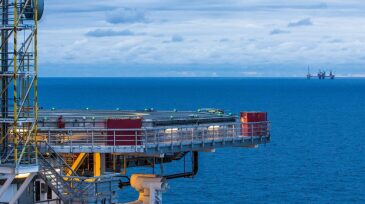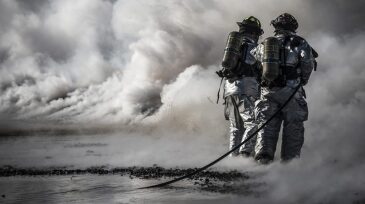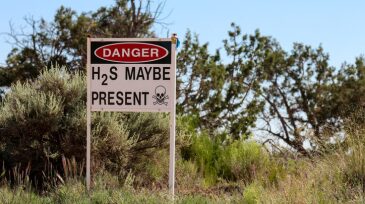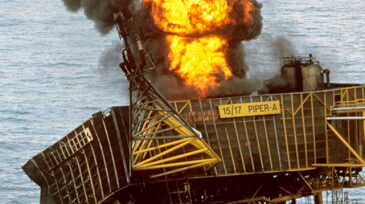Safety
This study ascertains the capital expenditure and operating expenditure associated with the reuse of existing facilities, specifically regarding a carbon capture and storage project being prepared in South Korea.
Sponsored
Advance your career with the new Pipeline Engineering Program at the Technical University of Leoben, a 5-month course combining on-campus and online learning, integrating industry expertise, engineering practice, and future-ready skills for professionals in oil, gas, and emerging energy systems.
A resilience-based approach to safety was the focus of a panel of experts at the 2025 SPE Annual Technical Conference and Exhibition in Houston.
-
Just as Libya resumes oil exports from recently shuttered ports, an attack on its largest field is setting back progress yet again.
-
The Mental Health Commission of Canada explains the effect of employees’ daily experience on mental health in new white paper.
-
In 2015 and 2016, the Health and Safety Working Group of the North Sea Offshore Authorities Forum discussed common challenges for the oil and gas industry. The challenges related to maintaining and operating aging installations in a low-oil-price environment was selected as a topic for further work.
-
SPE is presenting a workshop to further understanding of HSE in drilling operations and sharpen knowledge of industry best practices.
-
With the intended outcome of providing and improving a safe and healthy workplace for workers and persons under an organisation’s control, ISO 45001 provides a structured framework for managing the prevention of work-related injury and ill health.
-
Although improvements to drilling rigs have allowed drilling to depths greater than 20,000 ft, experience has shown that, the deeper the well, the higher the bottomhole pressure and more hydrogen sulfide gases the lease workers will experience.
-
Although carpal tunnel syndrome is a strong driver of workers' compensation costs, lost wages, lost productivity, and disability, there is still a limited understanding of its frequency and causes in working populations.
-
Poor psychosocial working conditions increase the likelihood of various types of morbidity and may substantially limit quality of life and possibilities to remain in paid work.
-
The memorandum on integrated and unified risk management in the petroleum industry aims to help companies continue developing their own activities in this area.
-
The major accident of 6 July 1988, when Britain’s Piper Alpha facility caught fire and exploded, remains one of the worst imaginable scenarios for everyone working in and with the petroleum industry. Its lessons are still relevant.












